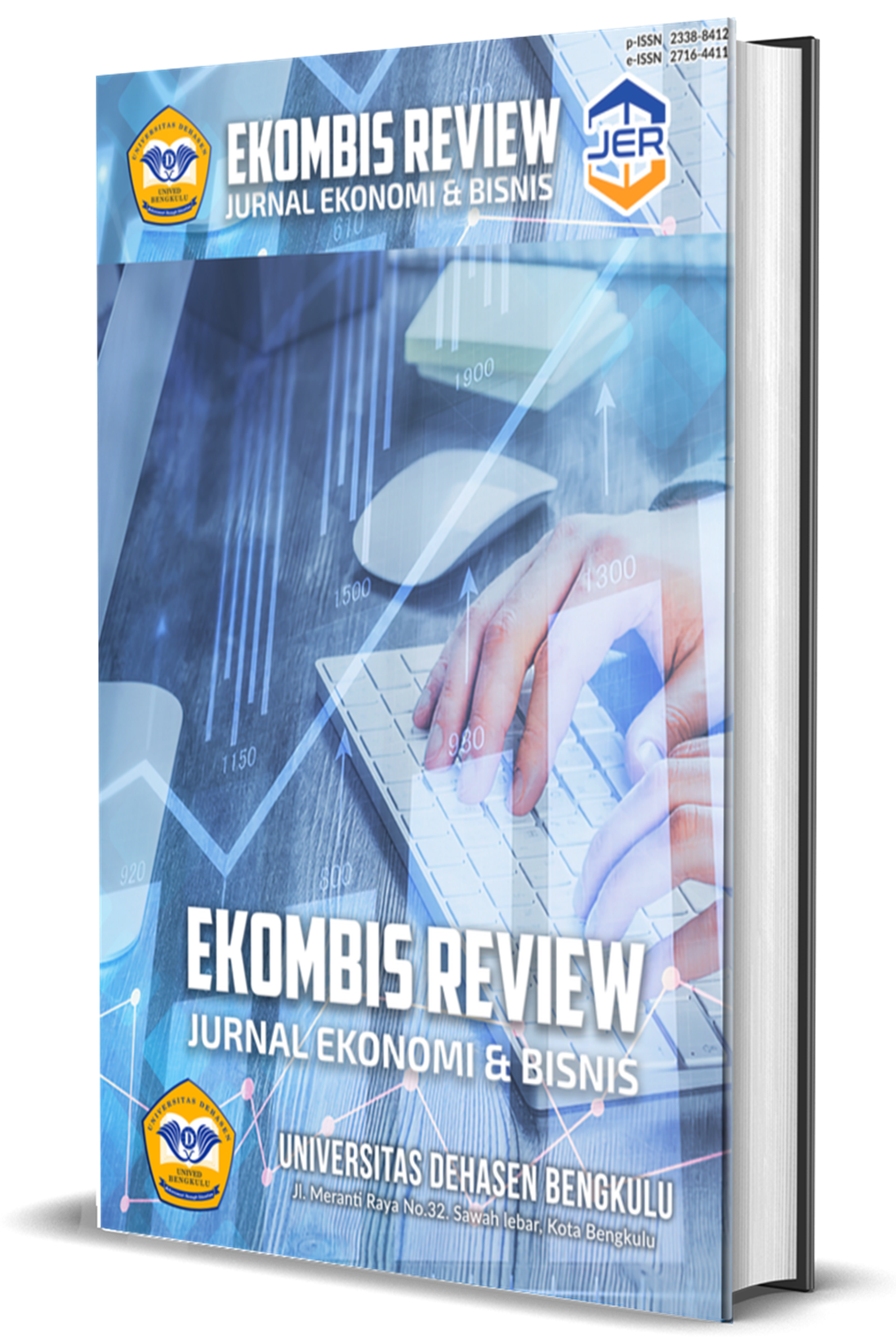The Economic Inequality And Language Gap
Abstract
Economic inequality and language inequality in Indonesia are two issues that are interrelated and have a significant impact on the social and economic development of this country. Although rapid economic growth has produced various benefits, economic inequality has become increasingly striking. Data shows that the Gini ratio—an indicator used to measure income inequality—has increased significantly, especially in large cities such as Yogyakarta. These disparities are not only visible in income distribution, but also in access to education, health services and fair employment opportunities.On the other hand, the language gap is an important factor that contributes to exacerbating social and economic inequality. The diversity of regional languages in Indonesia often creates challenges in communication and access to information, especially for community groups who speak minority languages. Children who cannot access education in their mother tongue often experience difficulties in the learning process, leading to increased educational inequality.These two issues influence each other; Economic inequality can exacerbate language gaps, while language gaps can hinder efforts to address the problem of economic inequality. Therefore, it is very important for governments and stakeholders to formulate policies that not only focus on economic equality, but also take into account cultural and linguistic dimensions. With this comprehensive approach, we have the opportunity to build a more inclusive and just society.
Downloads
Copyright (c) 2025 Ahamad Riza Nur Hidayat, Roni Subhan

This work is licensed under a Creative Commons Attribution-ShareAlike 4.0 International License.
An author who publishes in the EKOMBIS REVIEW: Jurnal Ilmiah Ekonomi dan Bisnis agrees to the following terms:
Author retains the copyright and grants the journal the right of first publication of the work simultaneously licensed under the Creative Commons Attribution-ShareAlike 4.0 License that allows others to share the work with an acknowledgement of the work's authorship and initial publication in this journal
Submission of a manuscript implies that the submitted work has not been published before (except as part of a thesis or report, or abstract); that it is not under consideration for publication elsewhere; that its publication has been approved by all co-authors. If and when the manuscript is accepted for publication, the author(s) still hold the copyright and retain publishing rights without restrictions. For the new invention, authors are suggested to manage its patent before published. The license type is CC-BY-SA 4.0.
EKOMBIS REVIEW: Jurnal Ilmiah Ekonomi dan Bisnis is licensed under a Creative Commons Attribution-ShareAlike 4.0 International License.














